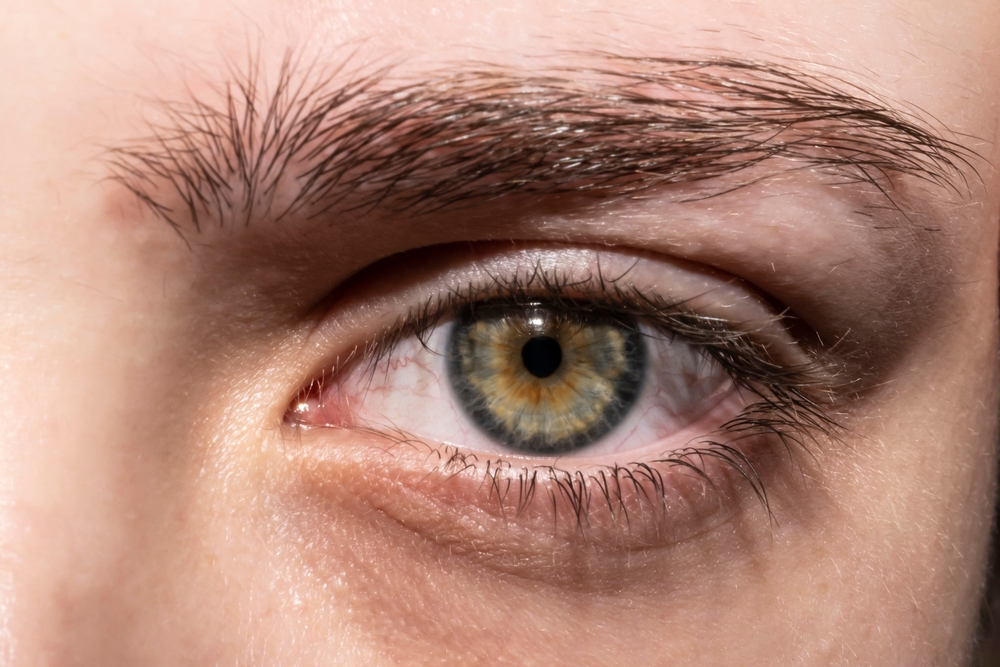
Eye infections can occur for various reasons, ranging from exposure to bacteria and viruses to wearing contact lenses improperly or being exposed to allergens. While some eye infections may clear up on their own or with over-the-counter treatments, others require immediate attention to prevent complications or permanent vision damage.
Common Types of Eye Infections
Eye infections can present in several forms, including:
Conjunctivitis (Pink Eye): A highly contagious infection that causes redness, swelling, itching, and discharge. It can be viral, bacterial, or allergic in origin.
Keratitis: An infection of the cornea that often occurs in contact lens wearers and can cause pain, light sensitivity, and blurry vision.
Blepharitis: A chronic condition causing inflammation of the eyelids, often linked to bacterial infections or skin conditions like rosacea.
Styes and Chalazia: These are lumps on the eyelid caused by blocked glands or bacterial infections, leading to redness, swelling, and tenderness.
Signs You Should See Your Doctor
While mild irritation or redness may not always be cause for alarm, the following symptoms indicate you should seek immediate care from your optometrist:
Severe Pain or Discomfort: Eye pain that does not improve with over-the-counter treatments is a red flag.
Vision Changes: Blurred vision, sudden vision loss, or seeing flashes of light require urgent evaluation.
Excessive Discharge: Thick, yellow, or green discharge often signals a bacterial infection needing prescription medication.
Light Sensitivity: Extreme discomfort in bright light may indicate a more serious infection, such as keratitis.
Redness with Swelling: Persistent redness accompanied by swelling can be a sign of a deeper issue, such as cellulitis.
Foreign Body Sensation: Feeling like something is stuck in your eye, even after rinsing, can suggest an infection or corneal abrasion.
Fever or General Illness: Eye infections accompanied by systemic symptoms, like fever, can indicate a serious infection requiring prompt attention.
Eye infections, if left untreated, can escalate into more severe conditions, such as corneal ulcers, scarring, or vision loss. Timely intervention from your optometrist ensures proper diagnosis and treatment, whether it involves medicated eye drops, oral antibiotics, or other therapies.
Prevention Tips
To minimize the risk of eye infections:
Always wash your hands before touching your eyes.
Avoid sharing makeup or personal eye care products.
Clean and replace contact lenses as directed.
Wear protective eyewear in environments with potential hazards.
Get in Touch with Kibo Eyecare
Not all eye infections are emergencies, but understanding the signs of a more serious issue can help you protect your vision. If you experience any concerning symptoms such as severe pain, vision changes, or unusual discharge, don’t wait—contact your optometrist immediately.
If you’re experiencing symptoms of an eye infection, schedule a consultation with Kibo Eyecare. Visit our Glastonbury, Connecticut office or call (860) 659-5900 to book your appointment today.







